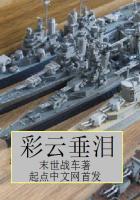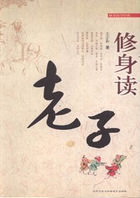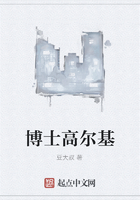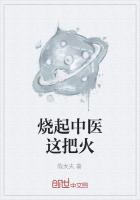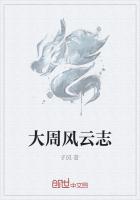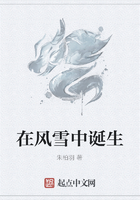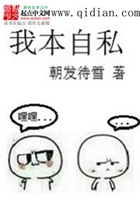When the festivities at Saint Omer had come to an end, Charles and his wife set forth by Ghent and Tourney. The towns gave him offerings of money as he passed through, to help in the payment of his ransom. From all sides, ladies and gentlemen thronged to offer him their services; some gave him their sons for pages, some archers for a bodyguard; and by the time he reached Tournay, he had a following of 300 horse. Everywhere he was received as though he had been the King of France. (1) If he did not come to imagine himself something of the sort, he certainly forgot the existence of any one with a better claim to the title. He conducted himself on the hypothesis that Charles VII. was another Charles VI. He signed with enthusiasm that treaty of Arras, which left France almost at the discretion of Burgundy. On December 18 he was still no farther than Bruges, where he entered into a private treaty with Philip; and it was not until January 14, ten weeks after he disembarked in France, and attended by a ruck of Burgundian gentlemen, that he arrived in Paris and offered to present himself before Charles VII. The king sent word that he might come, if he would, with a small retinue, but not with his present following; and the duke, who was mightily on his high horse after all the ovations he had received, took the king's attitude amiss, and turned aside into Touraine, to receive more welcome and more presents, and be convoyed by torchlight into faithful cities.
(1) Monstrelet.
And so you see, here was King Arthur home again, and matters nowise mended in consequence. The best we can say is, that this last stage of Charles's public life was of no long duration. His confidence was soon knocked out of him in the contact with others. He began to find he was an earthen vessel among many vessels of brass; he began to be shrewdly aware that he was no King Arthur. In 1442, at Limoges, he made himself the spokesman of the malcontent nobility. The king showed himself humiliatingly indifferent to his counsels, and humiliatingly generous towards his necessities.
And there, with some blushes, he may be said to have taken farewell of the political stage. A feeble attempt on the county of Asti is scarce worth the name of exception.
Thenceforward let Ambition wile whom she may into the turmoil of events, our duke will walk cannily in his well-ordered garden, or sit by the fire to touch the slender reed. (1)
(1) D'Hericault's MEMOIR, xl. xli. Vallet, CHARLES VI., ii.
435.
IV.
If it were given each of us to transplant his life wherever he pleased in time or space, with all the ages and all the countries of the world to choose from, there would be quite an instructive diversity of taste. A certain sedentary majority would prefer to remain where they were. Many would choose the Renaissance; many some stately and simple period of Grecian life; and still more elect to pass a few years wandering among the villages of Palestine with an inspired conductor. For some of our quaintly vicious contemporaries, we have the decline of the Roman Empire and the reign of Henry III. of France. But there are others not quite so vicious, who yet cannot look upon the world with perfect gravity, who have never taken the categorical imperative to wife, and have more taste for what is comfortable than for what is magnanimous and high; and I can imagine some of these casting their lot in the Court of Blois during the last twenty years of the life of Charles of Orleans.
The duke and duchess, their staff of officers and ladies, and the high-born and learned persons who were attracted to Blois on a visit, formed a society for killing time and perfecting each other in various elegant accomplishments, such as we might imagine for an ideal watering-place in the Delectable Mountains. The company hunted and went on pleasure-parties; they played chess, tables, and many other games. What we now call the history of the period passed, I imagine, over the heads of these good people much as it passes over our own.
News reached them, indeed, of great and joyful import.
William Peel received eight livres and five sous from the duchess, when he brought the first tidings that Rouen was recaptured from the English. (1) A little later and the duke sang, in a truly patriotic vein, the deliverance of Guyenne and Normandy. (2) They were liberal of rhymes and largesse, and welcomed the prosperity of their country much as they welcomed the coming of spring, and with no more thought of collaborating towards the event. Religion was not forgotten in the Court of Blois. Pilgrimages were agreeable and picturesque excursions. In those days a well-served chapel was something like a good vinery in our own, an opportunity for display and the source of mild enjoyments. There was probably something of his rooted delight in pageantry, as well as a good deal of gentle piety, in the feelings with which Charles gave dinner every Friday to thirteen poor people, served them himself, and washed their feet with his own hands. (3) Solemn affairs would interest Charles and his courtiers from their trivial side. The duke perhaps cared less for the deliverance of Guyenne and Normandy than for his own verses on the occasion; just as Dr. Russell's correspondence in THE TIMES was among the most material parts of the Crimean War for that talented correspondent. And I think it scarcely cynical to suppose that religion as well as patriotism was principally cultivated as a means of filling up the day.
(1) Champollion-Figeac, 368.
(2) Works, i. 115.
(3) D'Hericault's MEMOIR, xlv.
It was not only messengers fiery red with haste and charged with the destiny of nations, who were made welcome at the gates of Blois. If any man of accomplishment came that way, he was sure of an audience, and something for his pocket.
The courtiers would have received Ben Jonson like Drummond of Hawthornden, and a good pugilist like Captain Barclay. They were catholic, as none but the entirely idle can be catholic.


